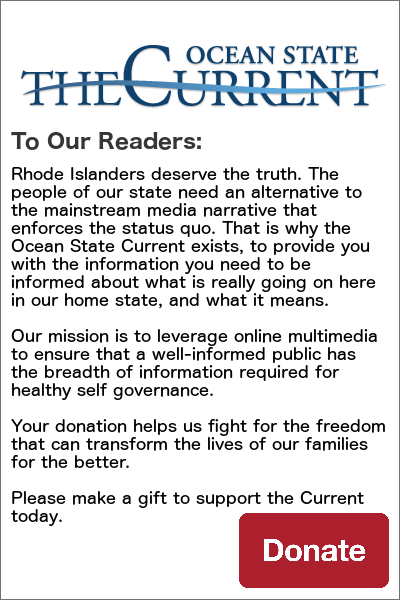An Indictment of Bureaucracy in a Silver Lining
In another intriguing Sunday interview from the Wall Street Journal, Allysia Finley describes a brilliant policy invented by Duke University economist David Ridley:
Here’s how the system works: When the FDA approves a new treatment for a rare pediatric disease or an infectious tropical one, the drugmaker receives a voucher that can be used to fast-track FDA review on another drug. That allows it to bring the latter drug to market sooner, which can help increase sales, beat competitors and extend the patent’s effective lifespan. The vouchers can be sold and never expire. Drugmakers are also required to pay a fee—$2.7 million in 2017—to cover the FDA’s cost of expedited review.
Although it implicitly highlights an unfortunate reality of bureaucratic government, Mr. Ridley has found a way to bring about an undeniably positive and humane outcome. Notice, also, an implicit problem with socialized medicine, as the interview goes over some of the threats to the continuation of the program:
Another potential problem is that governments and insurers could use their negotiating power to drive down drug prices, leading pharmaceutical companies to produce fewer new drugs for common ailments. “If there aren’t the blockbuster drugs of the past, then there aren’t the huge returns to getting it to market sooner,” Mr. Ridley says. “Even though I worry about the end of the blockbuster, we just had Sovaldi a couple of years ago.” That’s the hepatitis C treatment that earned Gilead Sciences Inc. $10.3 billion in sales in 2014, its first full year on the market.
In other words, if government do-gooders team up with the insurance companies to take the profit out of the drugs that can really bring rewards to the pharmaceutical companies, they’ll produce fewer of those drugs, which would reduce the value of piggybacking unprofitable treatments for rare diseases onto the profits of treating common ones. Those who seek to use government as their lever to control the economy in a way that makes sense from their limited perspective (usually driven by emotion) miss the fact that these two things often go together (emphasis added):
It’s easy to see how market-driven incentives in lieu of direct government funding would appeal to conservatives. The key to getting Democrats on board, Mr. Ridley says, was to make the argument that “the purpose is not to help drug companies get richer. The purpose is to help people suffering from diseases that would otherwise not get help.”
Price is a signal of value. Profit is a signal that demand is not being met and a mechanism to draw more activity to an area of high value. We all value life-saving drugs and should not be terrified of profits, because that draws more smart people and investors to the challenge of finding cures and treatments.
In that framework, a humanitarian society can justly seek ways to create incentives to use some of the blockbuster profits for small-scale miracles, but relying on the inefficiency of government seems mainly to be a signal of how backwards we’ve got things.


